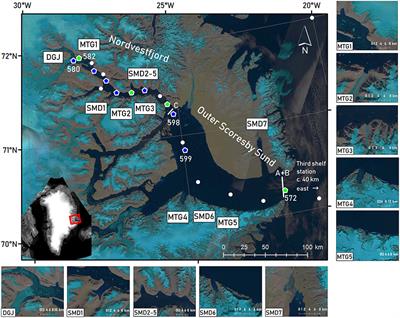EDITORIAL
Published on 09 Apr 2020
Editorial: Carbon Bridge to the Arctic

doi 10.3389/fmars.2020.00204
- 1,728 views
- 5 citations
20k
Total downloads
183k
Total views and downloads
Select the journal/section where you want your idea to be submitted:
EDITORIAL
Published on 09 Apr 2020

ORIGINAL RESEARCH
Published on 27 Sep 2019

ORIGINAL RESEARCH
Published on 10 Sep 2019

ORIGINAL RESEARCH
Published on 14 Aug 2019

ORIGINAL RESEARCH
Published on 13 Aug 2019

ORIGINAL RESEARCH
Published on 02 Aug 2019

ORIGINAL RESEARCH
Published on 25 Jun 2019

ORIGINAL RESEARCH
Published on 14 Jun 2019

ORIGINAL RESEARCH
Published on 07 Jun 2019

ORIGINAL RESEARCH
Published on 05 Jun 2019

ORIGINAL RESEARCH
Published on 28 May 2019

ORIGINAL RESEARCH
Published on 24 Apr 2019

